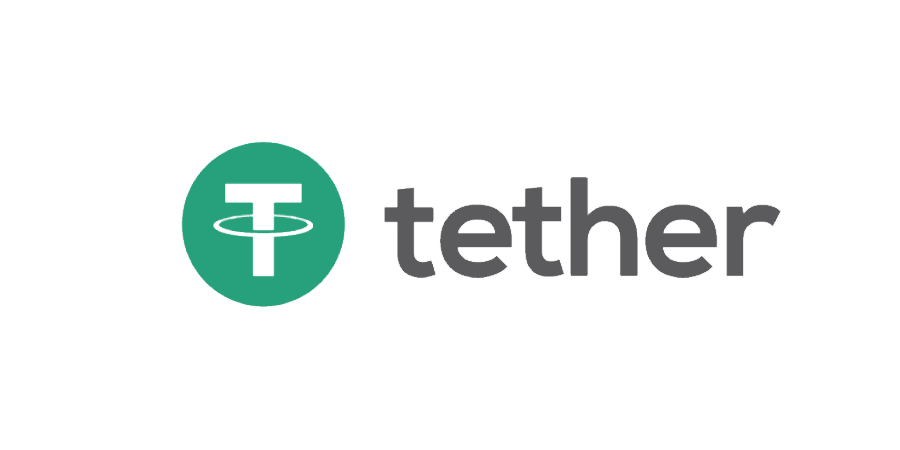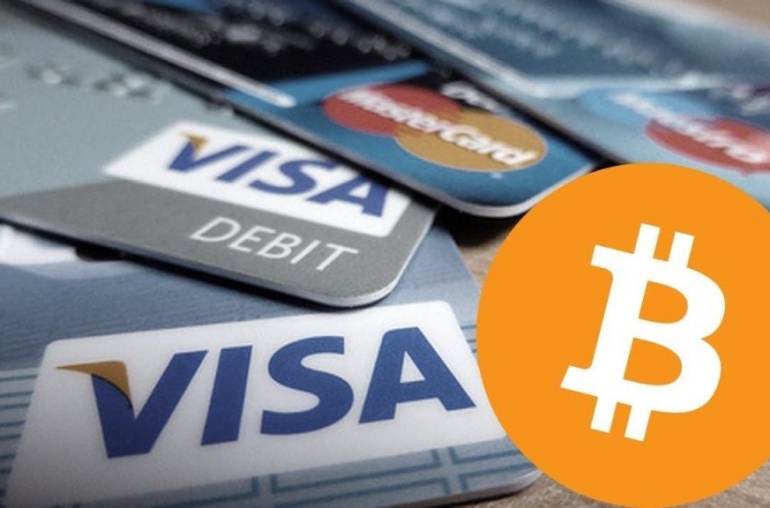Stablecoin issuer Tether continues to bolster its Bitcoin holdings, raising eyebrows and further blurring the lines between traditional and digital finance. The company reportedly snapped up another 8,888 Bitcoin (BTC) worth $380 million at the end of the fourth quarter, bringing its total stash to a staggering 66,465 BTC. This hefty purchase catapults Tether to the 11th-largest holder of the world’s leading cryptocurrency, as per Dune Analytics.
This aggressive Bitcoin spree aligns with Tether’s May 2023 announcement, pledging to diversify its USDT stablecoin backing away from solely cash and cash-like assets like U.S. Treasury bonds. USDT, pegged to the US dollar, reigns supreme as the world’s largest stablecoin, boasting a market cap exceeding $95 billion. Tether vowed to allocate up to 15% of its profits towards Bitcoin, a move seemingly bearing fruit with the latest acquisition.
However, skepticism lingers around Tether’s asset composition. The company has faced persistent scrutiny over the transparency and authenticity of its reserves, often under fire for lacking full audits. Despite these concerns, Tether received recent backing from Howard Lutnick, CEO of Cantor Fitzgerald, acting as Tether’s custodian. Lutnick reaffirmed the legitimacy of Tether’s holdings, offering some solace to wary investors.
Tether’s Bitcoin gambit raises fascinating questions about the future of stablecoins and their impact on the broader crypto landscape. With USDT’s vast influence and Tether’s growing Bitcoin reserves, the lines between centralized and decentralized finance continue to blur. As Tether inches closer to its 15% allocation target, observers await further Bitcoin purchases and their potential ramifications for the digital asset ecosystem.
Tether and Rhino.Fi Team Up
Tether and Rhino.Fi have joined forces to boost cross-chain transactions and smooth out the DeFi experience for users. Their partnership will make it easier and cheaper to move Tether’s popular USDT stablecoin across major blockchains and rollups, opening up a world of possibilities for DeFi enthusiasts. This collaboration marks a significant step towards improving the usability and accessibility of DeFi, paving the way for a more user-friendly and interconnected financial future.
Tether Pushes Back Against UN Report
In a strongly worded response, Tether challenged the report’s focus on risks while neglecting the positive role centralized stablecoins like USDT can play in combating financial crime. The report unfairly singles out USDT while ignoring its benefits for developing economies: Tether argues that traditional banking systems have been implicated in far more financial crime than blockchain-based systems, and that USDT’s transparent nature makes it a poor choice for illicit activities. Tether actively collaborates with law enforcement to combat crime: The company points to its cooperation with agencies like the DOJ, FBI, and USSS as evidence of its commitment to fighting financial crime, the stablecoin issuer stated.



